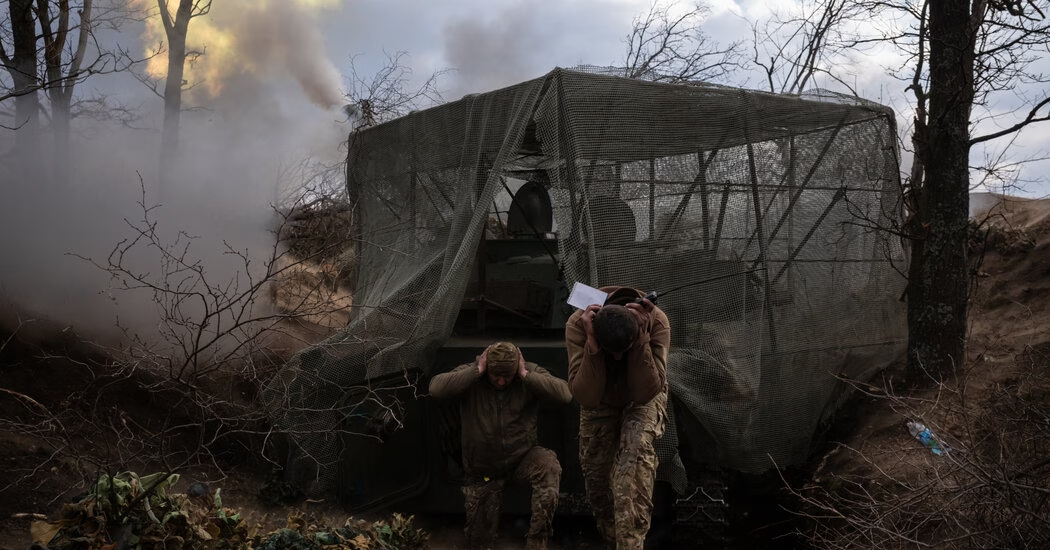European leaders will gather in Paris on Thursday to demonstrate their support for Ukraine and form a coalition of countries willing to assist the war-ravaged nation in its opposition to Russia, despite the wavering commitment from the United States. France and Britain have been at the forefront of these efforts, having hosted meetings in Paris and London, as well as organizing gatherings involving top military officers. The participation of over 30 officials, including European heads of state and government representatives, is expected.
However, the extent of support from each member in this coalition remains unclear, as European countries face challenges in increasing their military spending due to low growth and high debt. A significant point of uncertainty is the concept of a potential “reassurance force,” which involves European troops being stationed in Ukraine after the conflict ends, in order to prevent Russia from launching another invasion. Britain and France have proposed this idea, but other countries have not yet committed to providing troops, and Russia has strictly opposed the concept.
Despite the uncertainties, French officials claim that efforts by President Emmanuel Macron and British Prime Minister Keir Starmer to coordinate a joint European response have started to show results. Macron stressed during a press conference that France remains committed to supporting Ukraine, emphasizing the importance of Europe’s security. Zelensky, the Ukrainian president, also expressed hope that the meeting would result in strong decisions regarding short-term military aid, cease-fire efforts, and support for the Ukrainian Army.
The United States’ potential role in these European efforts remains uncertain. President Trump’s special envoy, Steve Witkoff, dismissed the idea of a European force in Ukraine as “simplistic” and “a posture and a pose,” although the Trump administration has repeatedly criticized Europe for not doing enough to defend itself. Macron clarified that any European force would not be directly involved in the conflict or cease-fire enforcement, but rather serve to deter Russia and provide training and support to Ukrainian forces.
Macron emphasized that the European force would adopt a pacifist approach, with conflict initiation being attributable only to Russian aggression. Zelensky concurred, stating that no one desires to prolong the war or involve another country. A senior official in the French presidency confirmed that the European efforts to aid Ukraine have been conducted transparently and in coordination with the United States, who have indicated support for this approach.
The French perspective aligns with Macron’s long-held belief that Europe requires more strategic autonomy and less reliance on American military support. However, the official acknowledged that all countries may not be willing or capable of deploying troops due to varying political traditions, constitutions, and sensitivities. Despite these challenges, the official emphasized that all countries have a role to play in establishing robust security guarantees for Ukraine.
This report is contributed by Mark Landler.
Source: https://www.nytimes.com/2025/03/27/world/europe/european-leaders-ukraine-support.html





